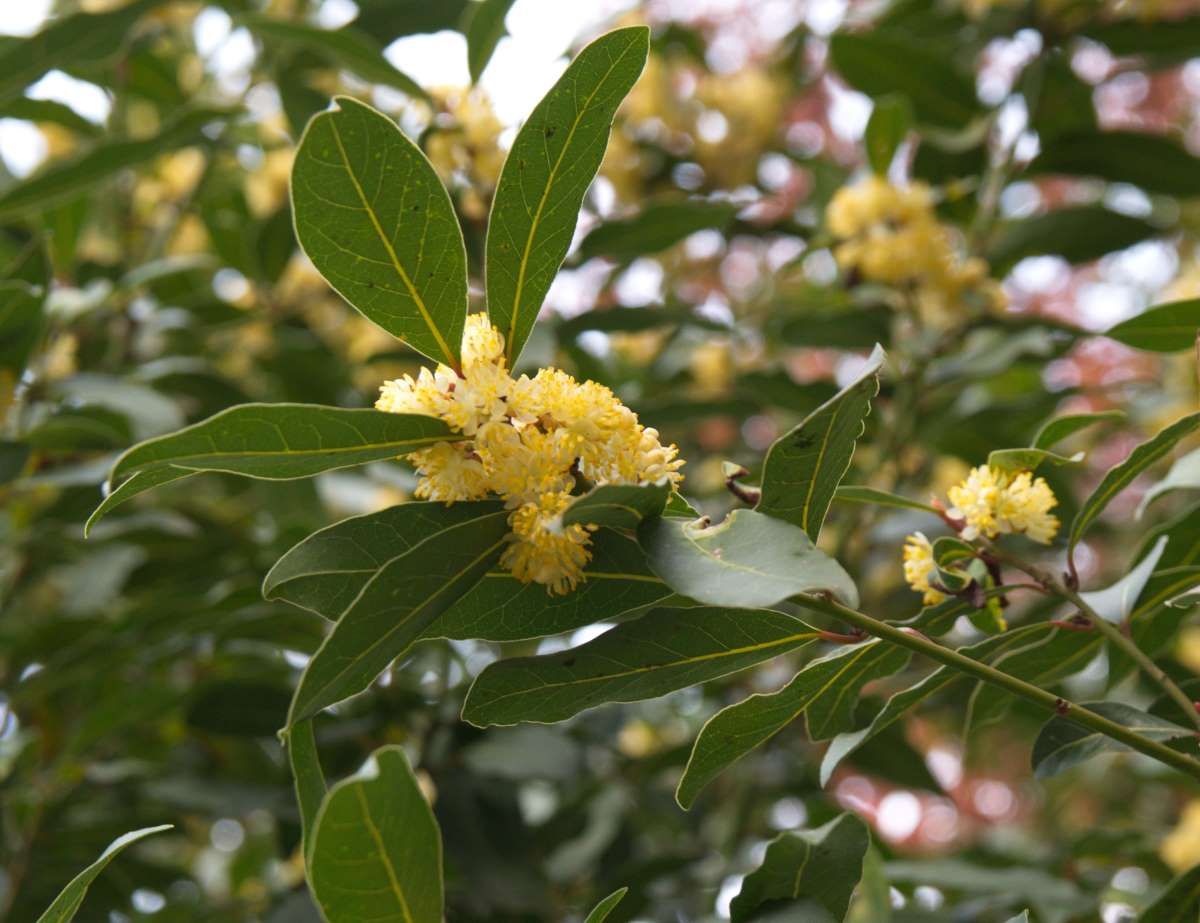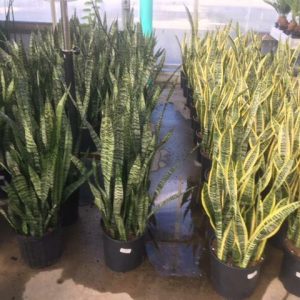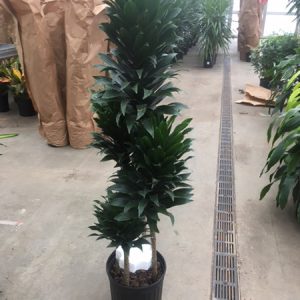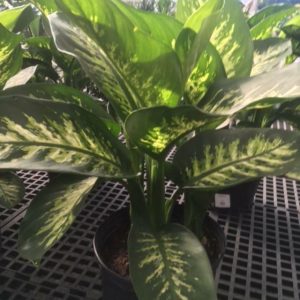Description
Laurus – Laurel –
There are 2 species of evergreen shrubs and trees in this genus. They occur from woodland, scrub, and rocky places in the Azores, the Canary Islands, and the Mediterranean. They are grown for their aromatic, alternate, ovate, glossy, dark green leaves. Small, greenish yellow or yellow male and female flowers are borne on separate plants. Where not hardy, grow in a container and move inside during winter and early spring. In warmer areas, grow as specimen trees, in a woodland garden, against a warm, sunny wall, or as a windbreak. They are excellent as a topiary, since they tolerate clipping well.
Grow in fertile, moist but well drained soil in full sun or partial shade, sheltered from cold, drying winds. Tolerant of coastal conditions.
Prone to scale insects, mealybugs, powdery mildew, and anthracnose.
L. azorica – L. canariensis – Canary Laurel -Azores Bay – Canary Island Bay – This vigorous, evergreen, conical tree from the Azores and the Canary Islands grows 30′ feet tall and 20′ feet wide, sometimes to 70′ feet high. It produces glossy, aromatic, elliptic-lance shaped to rounded, long pointed leaves, 2-6″ long, softly hairy beneath. In spring it bears clusters of 5 to 9 green-yellow flowers, to ½” across, followed on female plants by egg shaped black berries, to ½” long.
Zones 8-10





